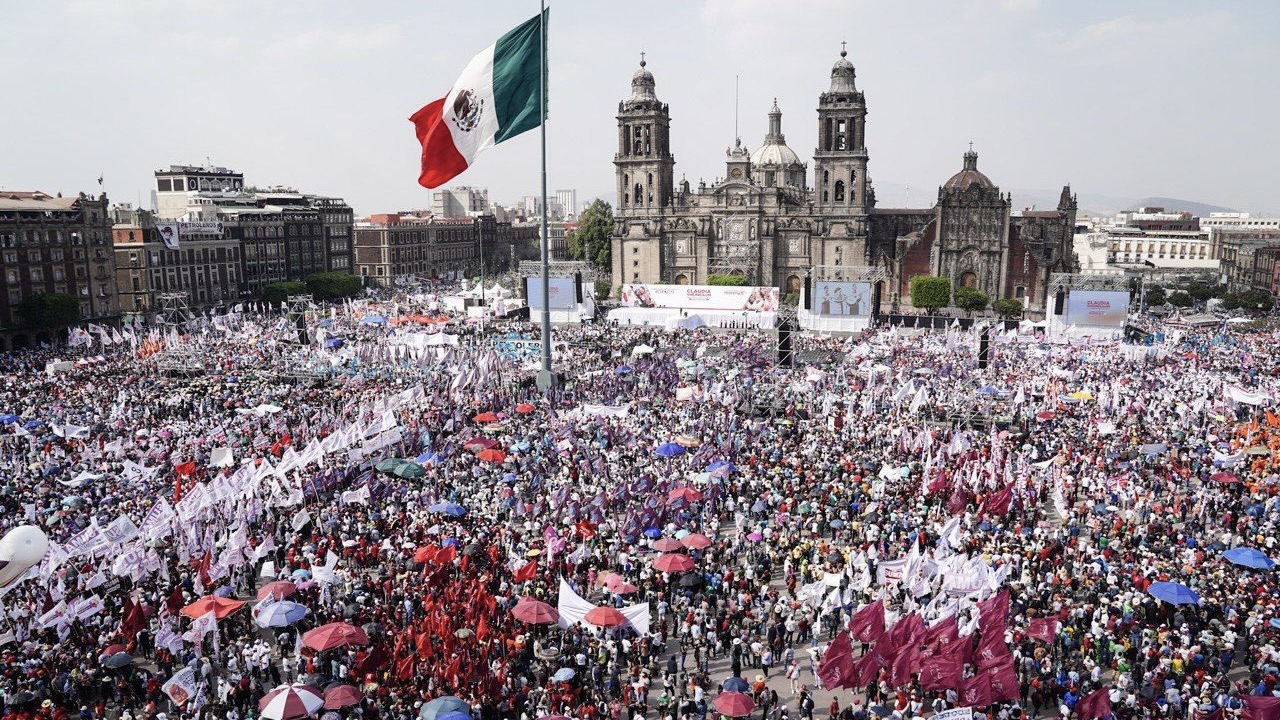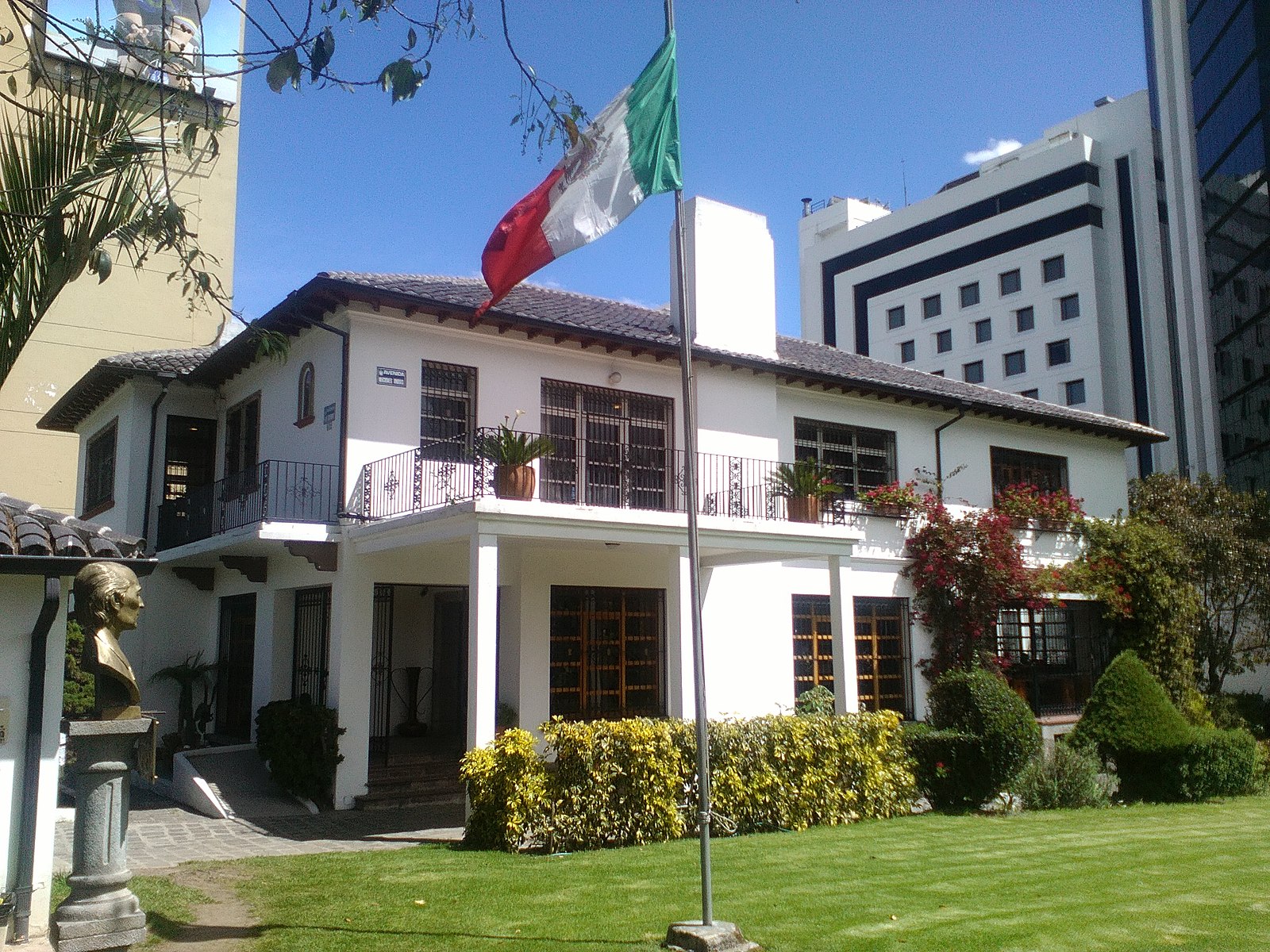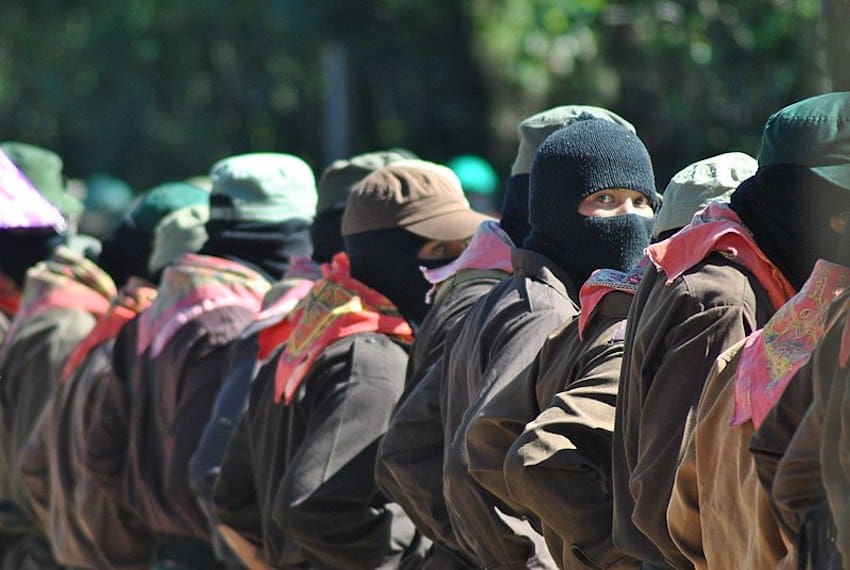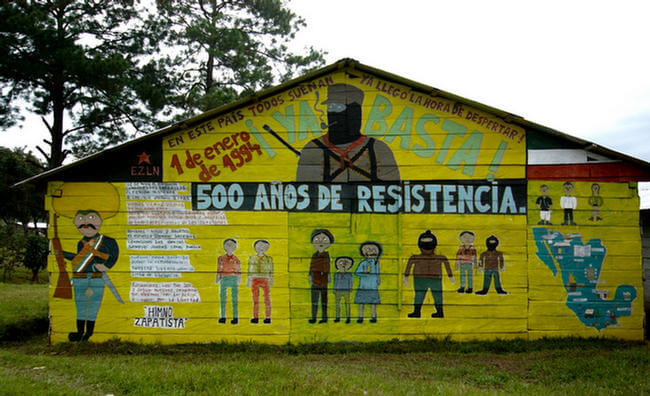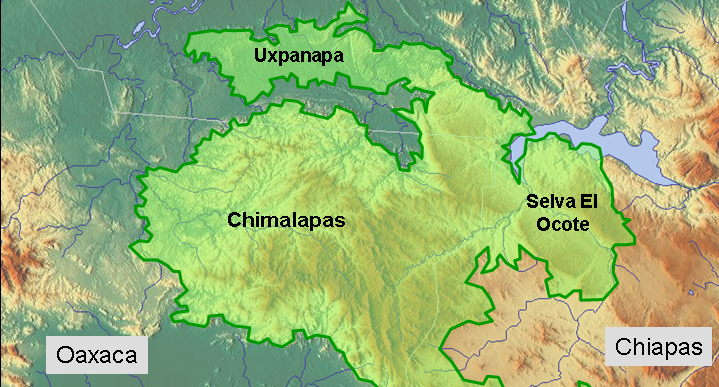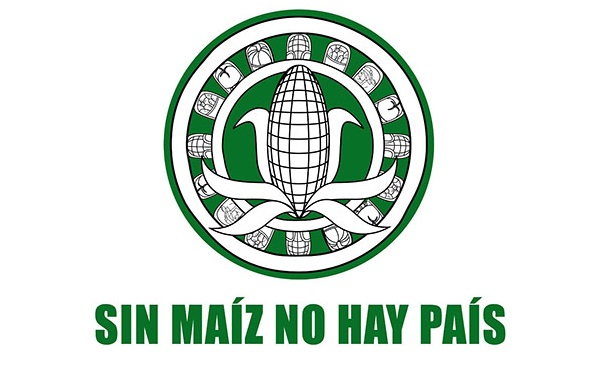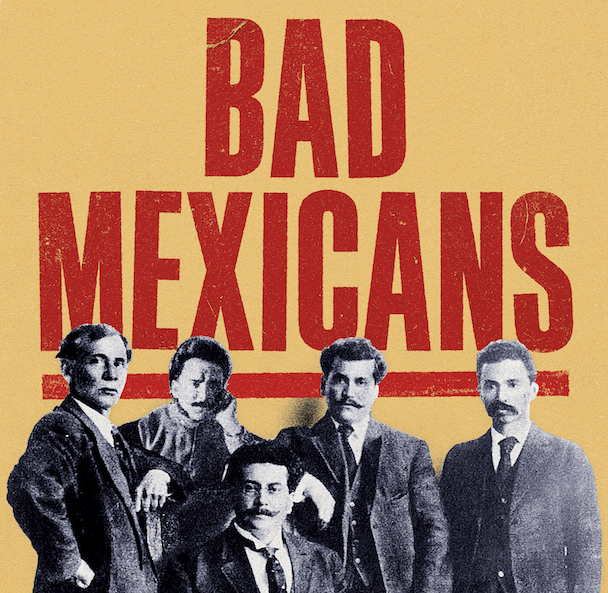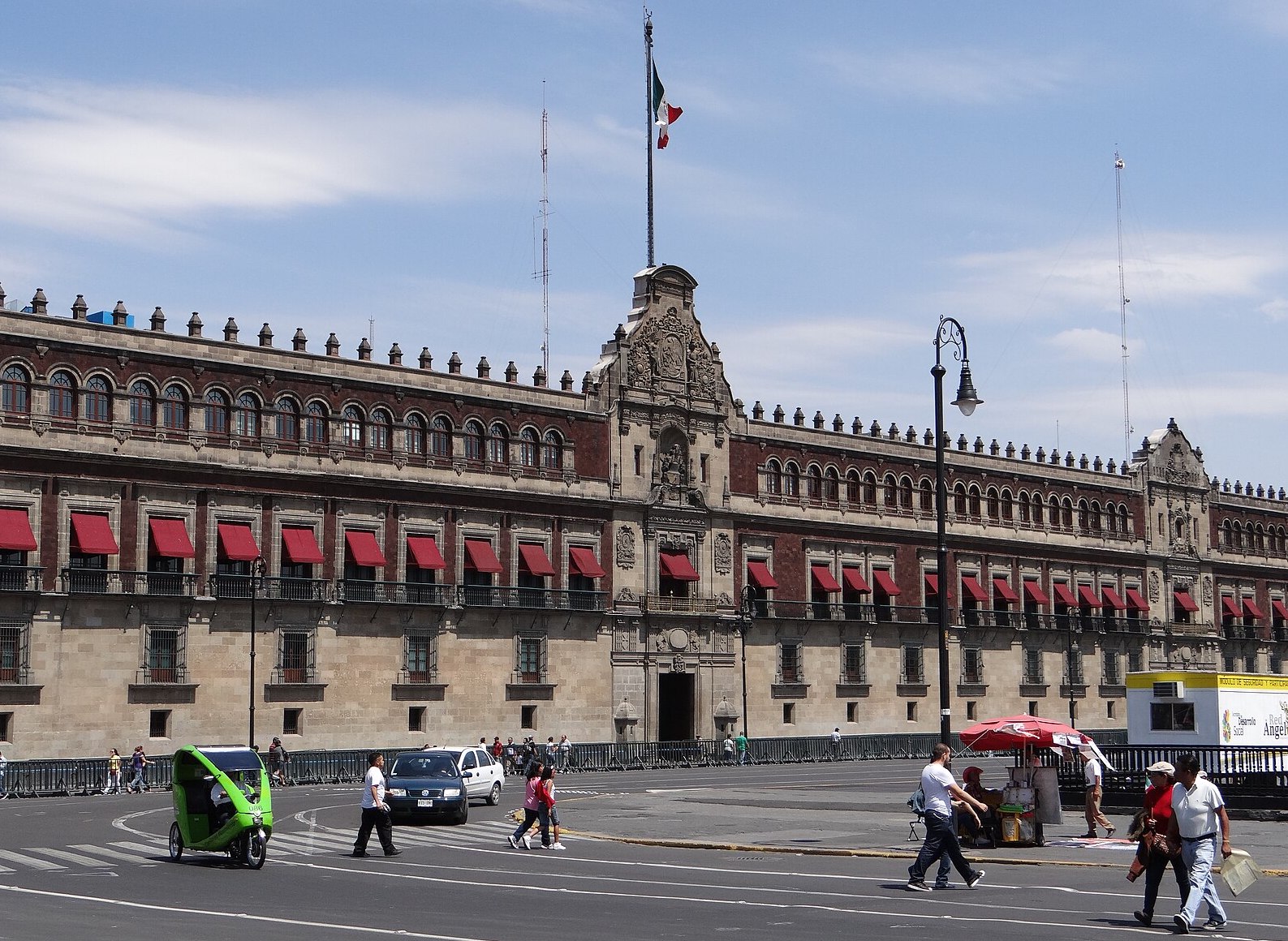
Mexico: amnesty decree stirs human rights concerns
Mexico’s government added an article to its Amnesty Law in a decree, allowing the head of the Executive Branch to commute sentences and halt criminal proceedings in cases deemed “relevant to the Mexican State,” regardless of the severity of the crime. President Andrés Manuel López Obrador stated that change will contribute to uncovering the truth about such unresolved cases as the collective killings of Ayotzinapa and Tlatlaya. However, the Amnesty Law reform has faced strong criticism. For instance, Mexico City’s Human Rights Commission argues that it lacks clear limits on which crimes qualify, leaving a dangerously vague opening for amnesty in any case the president deems “relevant.” Sen. Patricia Mercado of the opposition Citizen’s Movement also rejected the notion that the decree will aid truth-seeking, pointing out that it lacks conditions such as disarmament, non-repetition, victim reparations, and education requirements found in amnesty efforts such as that in Colombia’s Peace Accords. (Photo via Wikimedia Commons)



